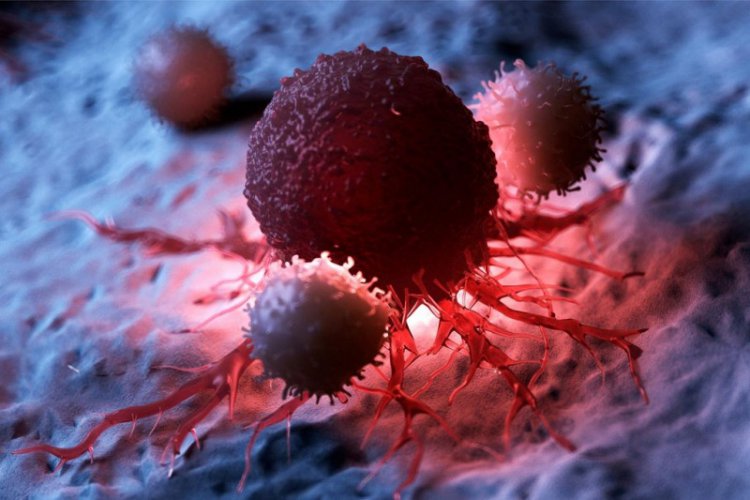
Findings from a new US-based study published in The New England Journal of Medicine earlier this month have shown that an experimental cancer drug has cured all patients involved in a clinical trial, for the first time in the history of cancer.
All 12 patients who took part in the clinical trial were diagnosed with rectal cancer, and after taking a cancer drug known as dostarlimab over a six-month period, had unanimously entered remission.
Dostarlimab is a drug that has been used before in the treatment of other cancers such endometrial cancer. However, this is the first clinical investigation that looked at its effectiveness against rectal cancer tumours.
The drug is an immunotherapy drug that works by “unmasking” cancer cells, so that the immune system can then identify them as a threat to the body and, in turn, destroy them.
During the clinical trial, 12 rectal cancer patients received a dose of dostarlimab every three weeks over a course of six months.
The plan was that this treatment would be followed up with the standard surgery and chemoradiotherapy. However, their cancer appeared to have been completely vanished six months after stopping the medication.
Their tumours were undetectable through physical assessments, endoscopies, PET or MRI scans. These patients have remained cancer-free now over a period ranging from 6 to 25 months later, and none of the 12 clinical trial participants have yet required further treatment.
While these results are excitingly positive, and indicate a massive scientific breakthrough, experts caution against being overly optimistic when declaring a victory over cancer.
Here are the main reasons why experts believe it is still too early to say that we have found a cure for cancer:
1. The study was tailored for a small subset of rectal cancers
In order to be considered eligible to participate in the clinical trial, patients had to cover a number of criteria, including having a genetic mutation known as mismatch repair deficiency (MMRd).
Individuals with this type of tumors are typically less responsive to chemotherapy or radiation treatments, but more vulnerable to the body’s immune response.
However, MMRd rectal cancers account for only up to 10% of patients who have rectal cancer, which means that these results are only applicable to a fraction of all patients with this type of cancer.
The results from this trial may or may not produce similar results in other cancers, and so it is too early to declare that we have discovered the cure for cancer.
2. Small sample size
Given that the study only included 12 patients, experts suggest that larger trials that replicate these results are necessary.
Additionally, future trials must also involve patients from diverse ethnic backgrounds in order to see whether or not race or ethnicity will impact the outcome and or effectiveness of the drug.
3. More follow-up is required to be able to distinguish remission from cure
Experts still struggle with exactly how much time is needed to declare a clinical response to dostarlimab as “cured” rather than the patient being considered in remission.
So far, while the results from this particular study show an overall response, more time and additional follow up are required to collect data on survival or other outcomes that are clinically relevant.
4. High cost of treatment
As things currently stand, the cost of one dose of dostarlimab is approximately $11,000 USD.
This means that the overall cost of treatment can reach around $100, 000, rendering it essentially unattainable for most patients in lower- and middle-income countries.
Therefore, if the drug proves to be beneficial after further investigation and research, the cost of the drug must be addressed so that it becomes accessible to at least the majority of patients battling cancer.